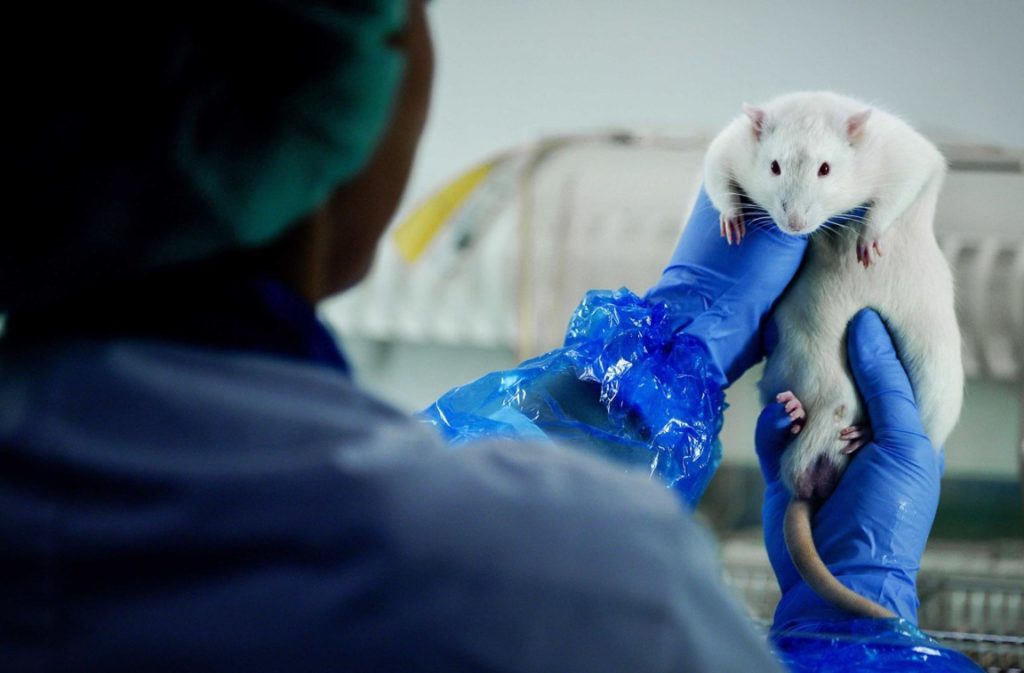The number of animals being used for research has decreased by one-third in the last five years as rules around animal testing become stricter and the promotion of alternatives methods is boosted.
In 2020, around 56,000 animals were used for experimental purposes in the Brussels Region, an almost 10% decrease from 62,000 animals in 2019 in five years, and a 36% drop since 2015, however, these figures must be taken with caution, according to Brussels Animal Welfare Minister Bernard Clerfayt.
"I am obviously pleased that the number of laboratory animals has decreased in recent years, but in 2020, some research was undoubtedly postponed and some experiments could not be carried out because of the Covid-19 crisis," he said.
According to figures released by Clerfayt's cabinet, more than half of all animals (69.81%) were used for basic research, including oncology studies and tests on the immune system.
Meanwhile, most of the animals used for testing (97%) were rodents, 91% of which were mice. There were also a few chickens (1%) and zebrafish (0.6%), and as was the case in 2019, no dogs, cats, horses, donkeys or primates were used for research.
Related News
- Aldi and Lidl join agreement to stop selling broiler chickens
- 3,000 take part in torchlit parade against wolves
- Leonardo DiCaprio invests in Dutch cultured meat company
The use of animals for testing the safety of cosmetics has been banned in the EU since 2009, however, around 12 million animals were bred and killed as test animals for scientific research in 2017.
Recently, members of the European Parliament called for a Europe-wide action plan with objectives as well as timelines for phasing out animal testing.
"MEPs understand that there are cases where animal experiments are still needed to gain scientific insights for certain diseases due to the current unavailability of non-animal methods," a press release read.
"However, they stress that these testing regimes must only take place where conditions are optimised to minimise pain, distress and suffering and protect the welfare of the animals concerned," it stated.
Alternative methods
The practice of testing on animals is a highly regulated practice in Belgium, and according to the law, researchers must use alternative methods if possible.
The Brussels Capital Region in the last few years has made efforts to help limit and reduce the number of laboratory animals by investing more in these alternative methods, including giving a €250,000 grant to the Vrije Universiteit Brussels to launch a regional platform to boost the visibility and use of alternative methods and to ensure they are shared within the scientific world.
"Science has evolved and has given rise to alternatives that do not involve laboratory animals, based for example on human cells, and which give more relevant results for humans," Clerfayt said.
If using alternative methods for testing is not possible, the law protects animals used for experiments, whilst all establishments that have been approved in advance for animal testing are subject to controls.

